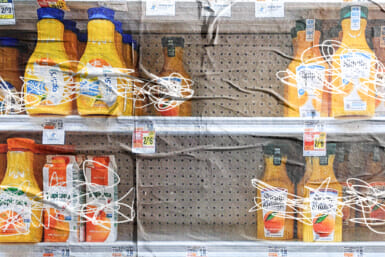Looking to kit out your apartment on the cheap? Or perhaps it’s just time for a seasonal clean? Shopping for affordable furniture and household goods in Japan might seem like a challenge but it can be easy and painless with the right information.
Most places in Japan come completely unfurnished, even the gas stove and the light fixtures might not be included, so after finding your apartment, filling your new home can still run up some hefty costs. If you’re just wanting to replace a sofa or level up from a futon to a Western-style bed, most department stores and high-end furniture stores offer chic designs and all-inclusive services but with high price tags to match. If you want more options, lower prices and insider recommendations, here are some of our top tips for furnishing your home without breaking the bank.
Muji
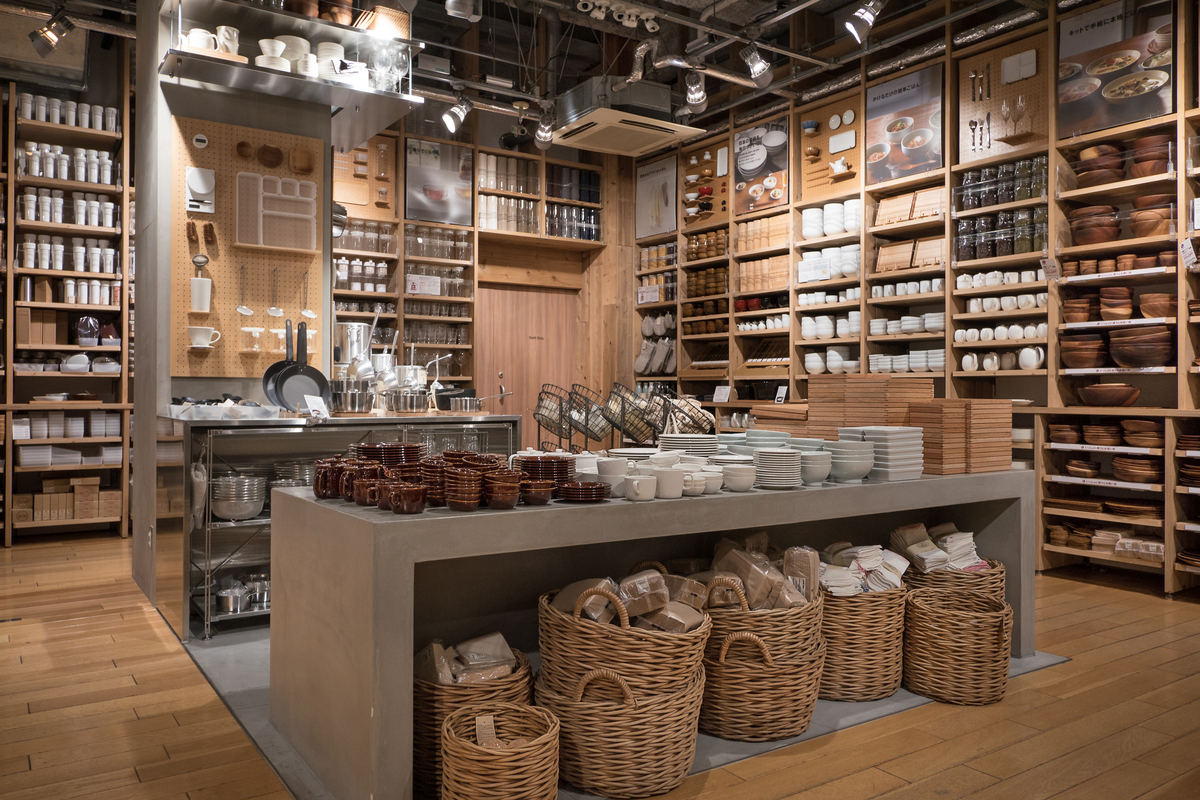
Muji is loved by many countries for a number of reasons: its minimalist design, variety of merchandise, creativity and innovative thinking, emphasis on recycling, reducing production and packaging waste, a no-logo or “no-brand” policy — the list goes on. At Muji you can find pretty much everything you need in your daily life, from furniture and clothes to travel goods, homeware accessories and toys — and even food (incredibly delicious, too.) Available throughout Japan, if you’re looking for something simple, yet practical and reasonably priced, Muji is one of the first brands you should check out.
Recommended for: General furniture, storage, kitchen goods, toys, lighting, home accessories, essential skincare, food and snacks
Find it: Throughout Japan. See shop list here.
Ikea

As the largest furniture retailer in the world, Ikea probably doesn’t need much introduction. With stores in over 40 countries, it’s the global standard for a “just moved house” shopping spree — as well as regret after buying bags of tea lights and various other unnecessary random purchases. In Japan, they introduced an online store in spring 2017, before which Tokyo residents had to trek to Tachikawa, Saitama, Chiba or Yokohama and attempt to squeeze flat-pack items into their compact cars or arrange home delivery after the checkout. Bonus fact, Ikea is one of the few foreign words where the Japanese katakana pronunciation is actually more accurate than the English version: it’s イケア (ih-ke-ah) in Swedish too apparently, not eye-kee-ah.
Recommended for: General furniture, storage, lighting, home accessories
Find it: In Tokyo: Shinjuku, Harajuku or Tachikawa. For a full list of stores in Japan, see here.
Nitori

Nitori is frequently described as “the Ikea of Japan,” which is a fair description although Nitori has a slighter smaller range of furniture but offers a wider choice of tasteful designs when it comes to soft furnishings and so on. It also includes Japanese necessities such as futons, futon covers, kotatsu, electric carpets and a plethora of fuzzy toilet seat covers. The low-cost retailer excels in seasonal home accessories, regularly updating its designs. In addition, its convenient city center locations make it handy for quickly grabbing a missing item or spontaneously browsing for some home inspiration. Along with larger stores in Shinjuku Takashimiya and the recently opened branch in Shibuya, there are also small but well-stocked Nitori Deco Home stores dotted around Tokyo. Alongside the perks of a company points card, some larger stores allow customers to borrow a small truck, free of charge, for up to 90 minutes in order to take their purchases home.
Recommended for: Curtains, bedding, rugs, small household items and accessories
Find it: Throughout Japan. See store list here. For Nitori Shibuya branch map and contact details, see our Concierge listing.
Recycle (or Reuse) Shops
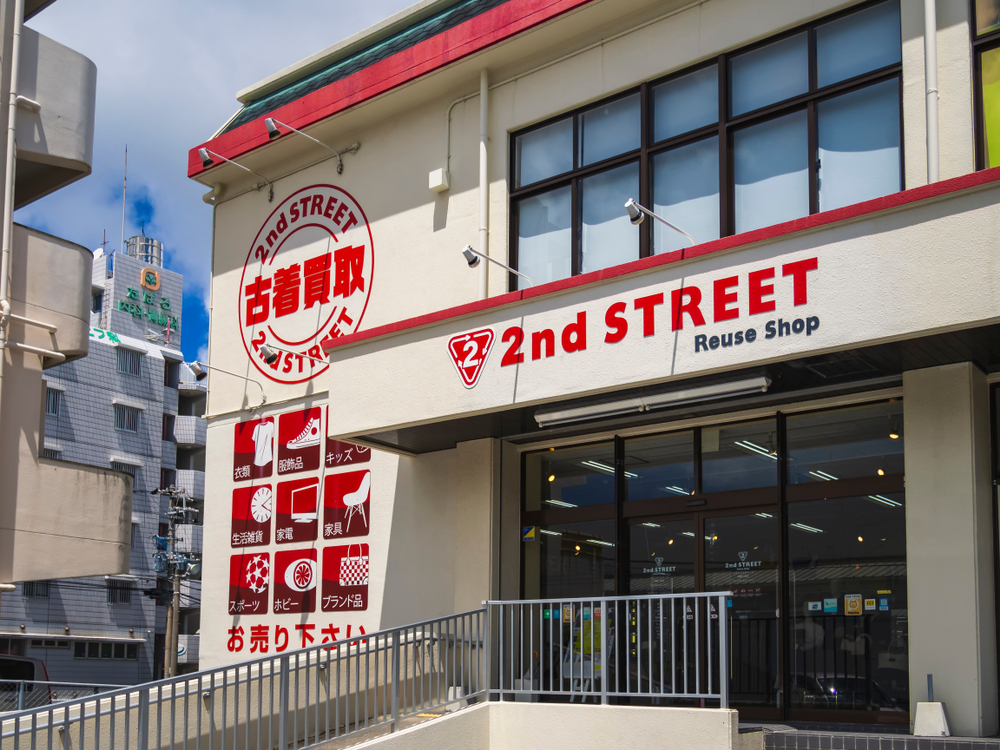
Recycle shops are businesses that buy and sell second-hand furniture and household items. Think the Japanese version of a junk shop crossed with a physical manifestation of the classified ads. As well as chains like Hard Off and Off House, there are a multitude of independent stores operating in the Tokyo area and beyond. Getting rid of large items in Japan can be an expensive and difficult chore, so this is where a large majority of perfectly functioning but no longer needed items end up. Some of these stores specialize in retro and vintage items along with (or instead of) the basics, so you might need to browse a few stores to find exactly what you’re looking for. To save the most money, look up recycle shops closest to your home, as they usually operate a delivery charge based on distance, which can be as low as ¥1,500 for multiple items depending on required manpower and access to your building. Alternatively, if you’re feeling ambitious, maybe you can just convince a friend to help you carry that dining table 15 minutes up the road.
Recommended for: Reasonably priced quality secondhand furniture, washing machines, refrigerators, electrical appliances, vintage and antique items
Find it: Search for リサイクル (recycle) shops in your area
Craigslist

There are plenty of Craigslist horror stories, and it certainly is a place to proceed with caution. But for every ghosted reply or missing TV remote, there is a legit “sayonara sale” offering things like free sofas and dirt cheap flatscreen TVs – offered up to anyone who can collect them (or arrange pick up and delivery) before their ex-pat owners pack up and leave Japan. The online classified site serves as a valuable communal resource for the local foreign community, but as anyone who’s ever scrolled through the jobs listings will know, some posts are a lot less decent and trustworthy than others. Read listings carefully, be vigilant when sharing your personal information, and never put yourself in any potentially dangerous situations.
Recommended for: Cheap and free second-hand beds, sofas, furniture, washing machines and various appliances
Find it: The “For Sale” section at tokyo.craigslist.jp
Don Quijote
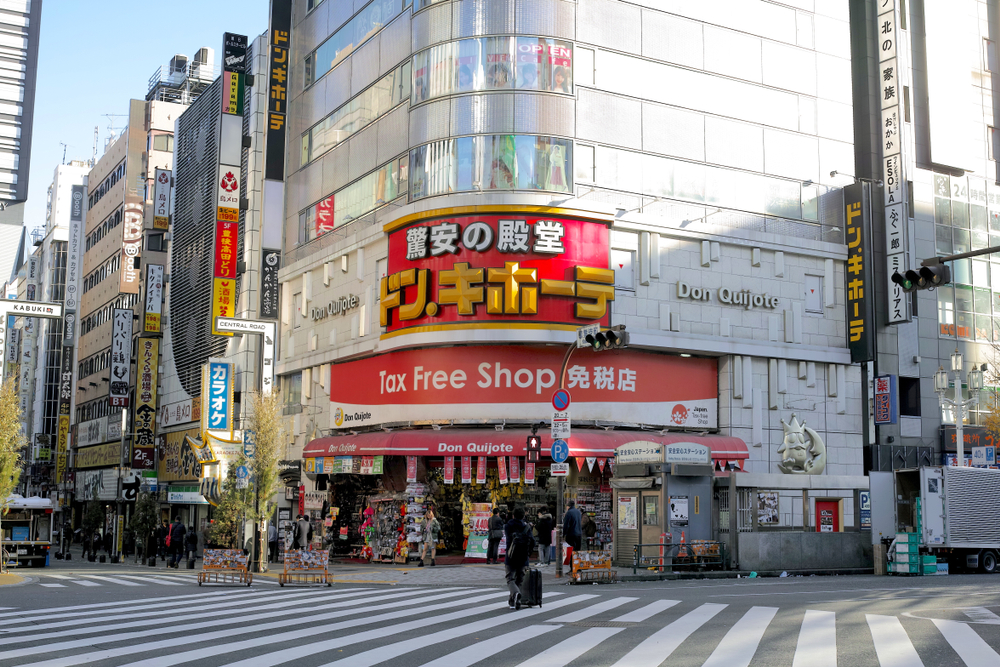
Yes, at the same place you can buy a Halloween costume all year round and a one kilogram bag of imported candy, you can also kit out your house for discount prices. Head to larger stores away from the typical tourist spots for a wider choice of homewares and a mismatched array of furniture. Donki’s manic combination of leftover clearance stock and constantly changing special offers means finding specific items and brands can be inconsistent, but they always carry a regular selection of household appliances, kitchenware and bedding in addition to the season-appropriate essentials (fans, heaters etc). What they lack in reliability they make up for with fun. The joy of being able to buy a shark-shaped bottle opener or Hello Kitty leopard print curtains at 3am is one of life’s small pleasures.
Recommended for: Pots and pans, kitchenware, futons, random discounted small furniture
Find it: Throughout Japan. For Don Quijote Shibuya Megastore contact details, and the brand’s website with all branch listings, see our Concierge listing.
100 Yen Shops
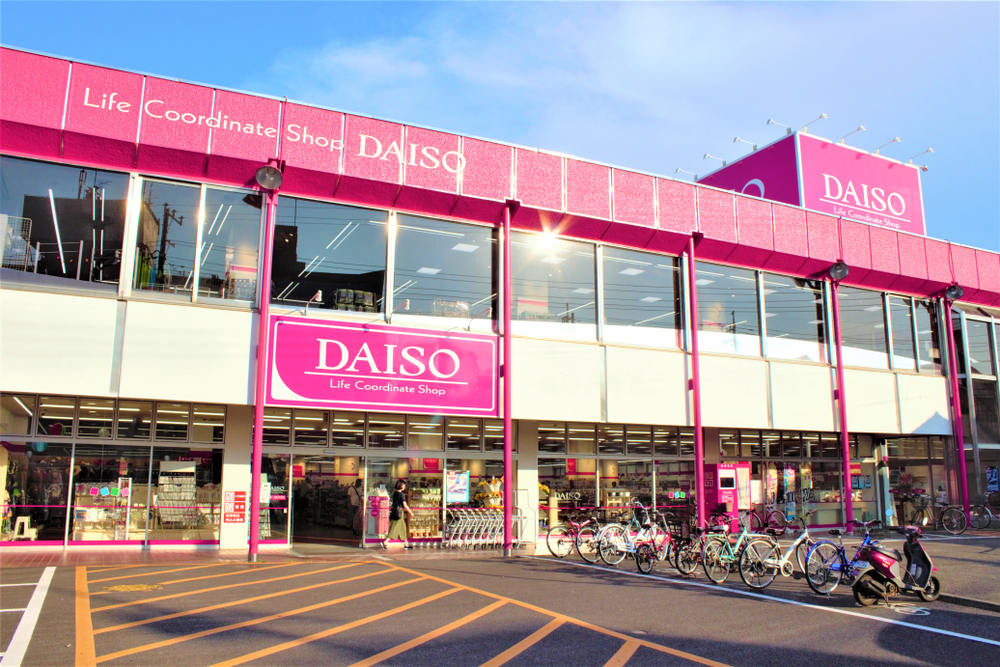
Save some coins on cleaning products, fixtures and staple home accessories from soap dishes to picture frames by heading to the 100 Yen shops. While spring cleaning or after moving house is the perfect time to get organized, take on those small DIY tasks, and replace any broken and worn out utensils. When it comes to choice and variety, the bigger store the better, and you will quickly fill up your basket with bargain bounty. Anyone with a home office (or just overflowing paperwork) can benefit from some simple filing storage, and green-fingered shoppers will also be able to find budget gardening equipment to take care of your houseplants or balcony garden.
Recommended for: Kitchenware, laundry clips, tools, cleaning products, small storage items
Find it: Your local 100 Yen shop or search for your nearest at www.daiso-sangyo.co.jp or www.seria-group.com
Got a bigger budget to spend? Here are “Five Interior Design Showrooms to Inspire You at Ozone” and “33 Designer Japanese Items to Enhance Your Home and Wardrobe”



